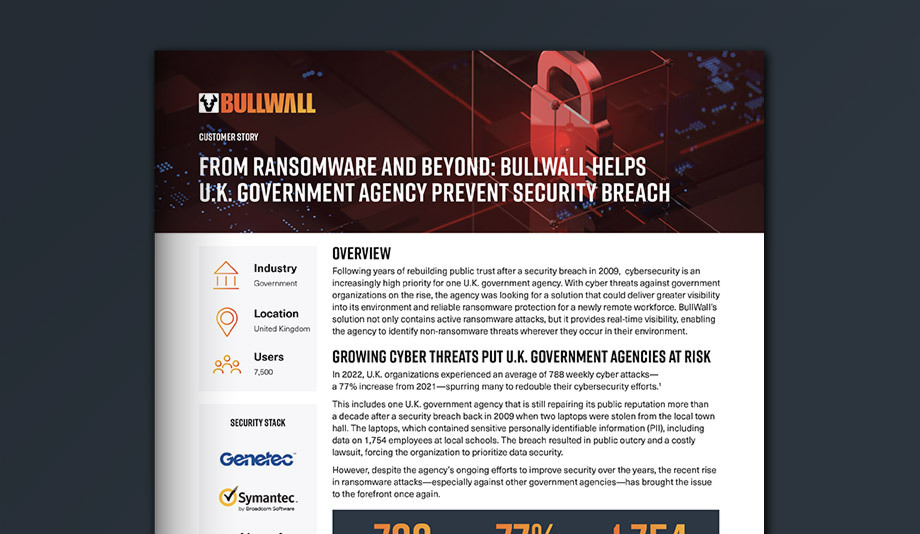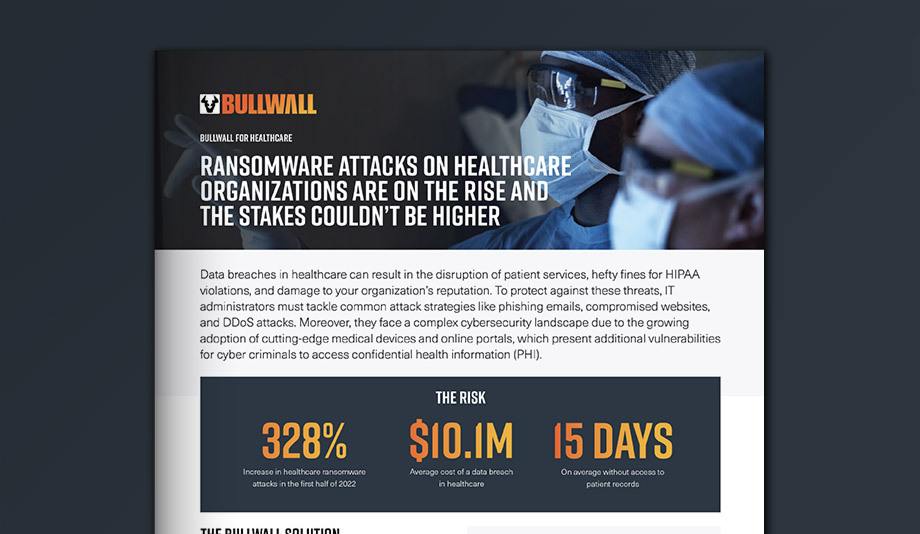The healthcare industry is a prime target for ransomware attacks, as patient data can fetch a high price of $250 on the black market, and the attack disrupts patient care, even putting lives at risk.
To protect against these threats, IT administrators must tackle common attack strategies like phishing emails, compromised websites, and DDoS attacks. Moreover, they face a complex cybersecurity landscape due to the growing adoption of cutting-edge medical devices and online portals, which present additional vulnerabilities for cyber criminals to access confidential health information (PHI).
Data breaches in healthcare can result in the disruption of patient services, hefty fines for HIPAA violations, and damage to your organization’s reputation.





















